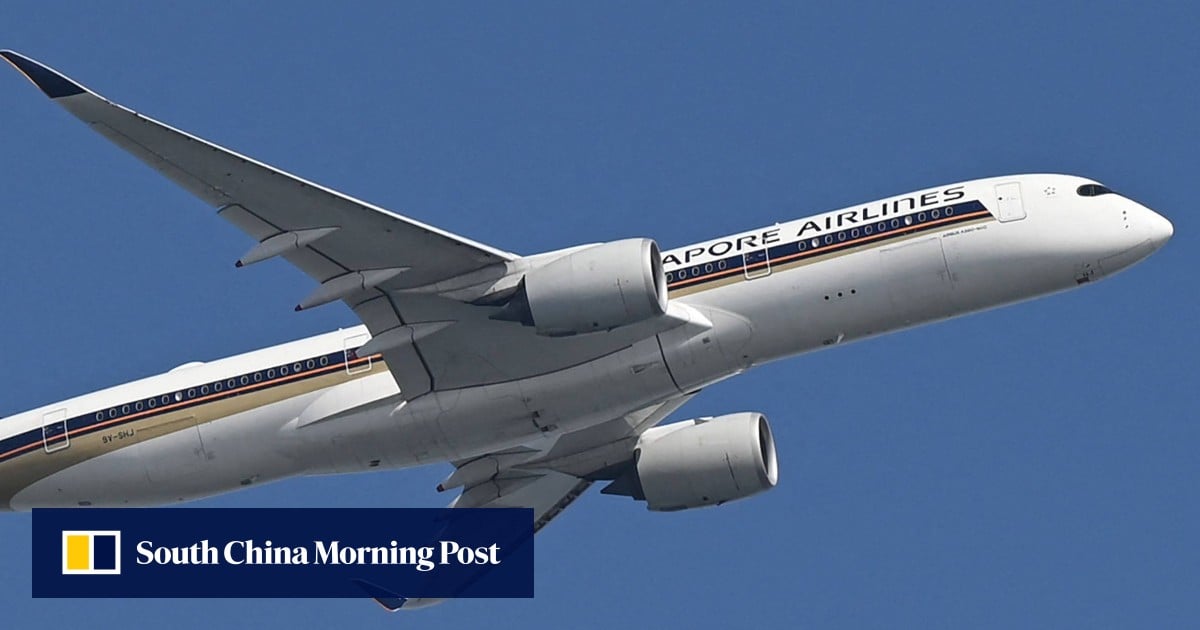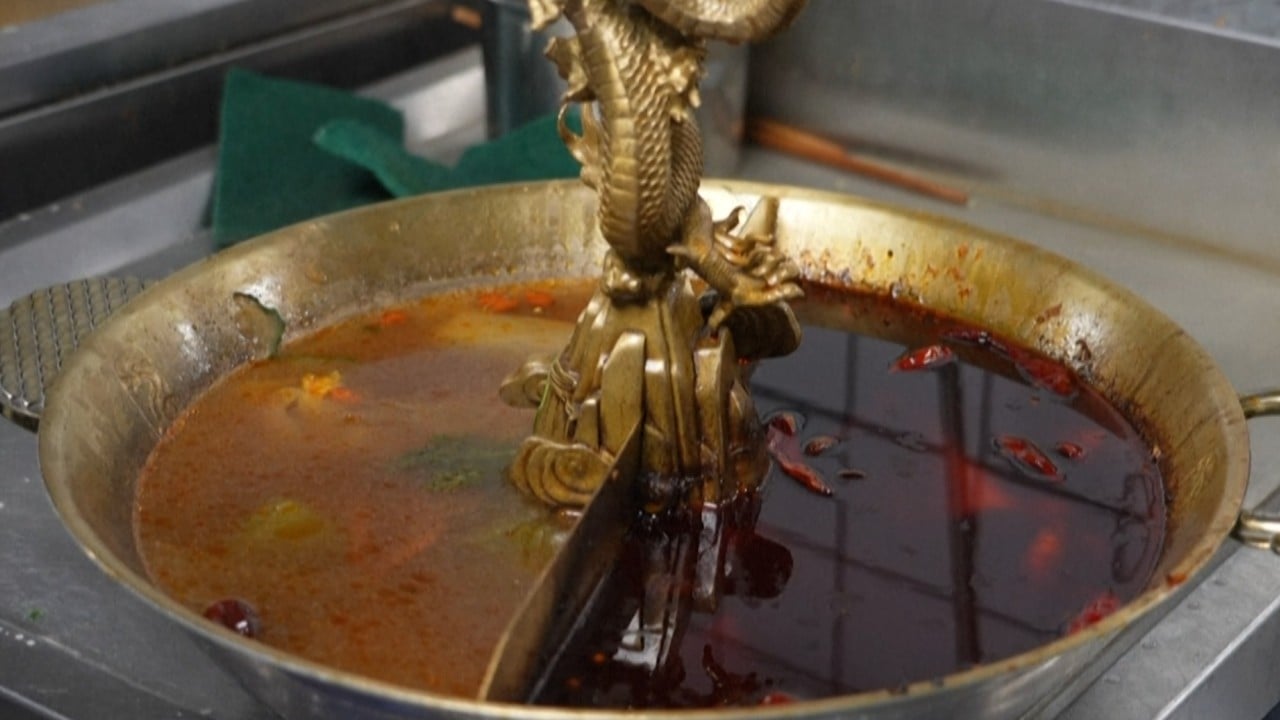Singapore Airlines said on Monday it will buy 1,000 tonnes of sustainable aviation fuel (SAF) from Neste, the first purchase of the low-carbon jet fuel from the Finnish firm’s refinery in the city state.
The leading Asian carrier signed an agreement with Neste to purchase the SAF to blend with conventional fuel for use by the airline and its budget arm Scoot, according to a joint statement issued by the three companies.
The Neste refinery’s expansion at Changi was completed last year, and it now has a production capacity of a million tonnes of sustainable aviation fuel a year, making it the largest such facility in the world.
Neste will start delivering SAF to Changi Airport’s fuel hydrant system in the second quarter and then in the fourth quarter, the statement said.
SAFs are made from 100 per cent renewable waste and residue raw materials and cut greenhouse gas emissions by up to 80 per cent over the fuel’s life cycle, it said.
“This supply of locally produced SAF to Changi Airport is a milestone in our journey of supporting the aviation industry and governments in the region to achieve their emissions’ reduction goals,” said Alexander Kueper, vice-president for renewable aviation at Neste.
He hoped it would encourage the “wider adoption of SAF across the broader Asia-Pacific region”.
Singapore said in February it would require airlines departing from the country to gradually use low-carbon jet fuel from 2026 as part of industry plans to cut emissions.
Airlines will be required to use a jet fuel mix that is 1.0 per cent SAF in 2026, gradually increasing to between 3.0 and 5.0 per cent by 2030. SAFs can comprise up to 50 per cent of jet fuel mixes.
However, SAFs are between three to five times more expensive than conventional jet fuel and authorities will introduce a levy on tickets to help cushion costs.
Aviation is responsible for between two and three per cent of global CO2 emissions, but is one of the most difficult industries to decarbonise.
SAFs are seen as the main tool for decarbonising the aviation sector but, apart from the expense, the technology is also still in its infancy.
The International Civil Aviation Organization has set a goal for the industry to achieve net zero carbon emissions by 2050.


